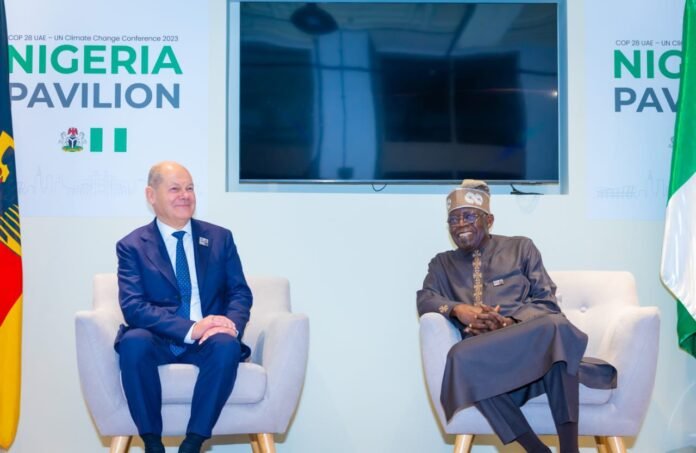The Tinubu Media Support Group (TMSG) has expressed optimism about completing the first phase of the 2,000-megawatts Presidential Power Initiative (PPI) by President Bola Ahmed Tinubu.
The group noted the administration is closer to the completion of the phase to set the country on the path to efficient power supply.
This, according to the group, is a result of renewed efforts to drive the Siemens Power Project that was facilitated by former President Muhammadu Buhari to the logical end of addressing the decades-long challenges in the power sector.
A statement jointly signed by the group’s Chairman Emeka Nwakpa and Secretary Dapo Okubanjo, in Abuja, noted that steps taken by the Tinubu administration reflect the commitment of the ruling All Progressives Congress (APC) to arrest incessant power outages and boost the country’s economic development.
“The recent launch of two 63MVA, 132/33kV mobile substations in Ajah, Lagos state, and Birnin Kebbi, Kebbi state is a clear demonstration of intent by the Tinubu administration to see the Siemens Energy Power Project to fruition as soon as possible.
“The mobile substations which are part of the equipment that was shipped into the country under the first phase of the Presidential Power Initiative (PPI), facilitated by former President Muhammadu Buhari, have now infused an additional 123 MW to the nation’s transmission wheeling capacity, thereby boosting electricity supply for all Nigerians.
“The Ajah and Birnin Kebbi substations are two of the components of Phase One of the PPI described as quick-win measures that would elevate the end-to-end operational capacity of Nigeria’s electricity. They were to deliver an additional 2000MW aside from 2 million new connections to the national grid. Under this scheme, over 5000 engineers were to undergo training to operate the system network.
“We are aware that as of when the former President was leaving office, this phase of the project was at 80% completion so going by the launch of the two substations, the phase is inching closer to reality under President Tinubu’s watch.
“We recall that when the deal was signed in July 2019, the initial timeline to complete the first phase was 2021 but disruptions in the global supply chain caused by the COVID-19 pandemic delayed the arrival of the 20 transformers and substations which eventually led Siemens to move the completion date forward.
“So technically, the country is still in the initial phase of the three-phased project at a time we should be in the final phase that should see a quantum leap in the country’s power operational capacity up to 25,000 MW or 25GW by 2025.
“For the avoidance of doubt, facts gleaned from FGN Power Company, managing and supervising the project show that there is a renewed focus on upgrading existing substations, and installing new substations and transformers in the transmission and distribution line of the value chain.
“The next phase will involve expanding the transmission and distribution grid to enable evacuation of up to 11 GW of electricity to end consumers while the final phase targets further expansion of generation, transmission, and distribution grids to 25GW.
“And while the country is still in the initial phase, the Tinubu administration has taken the bold step of decentralizing the power sector to ensure the involvement and participation of interested stakeholders in the electricity value chain,” the group said.
![]()










